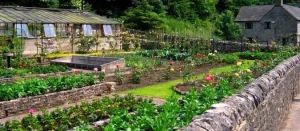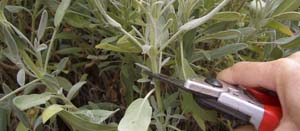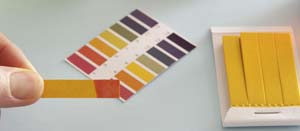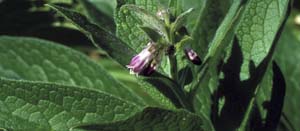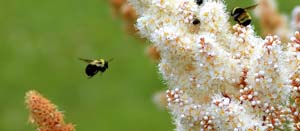SEARCH RESULTS > ARTICLES > Plant
Hedging plants are a great addition to any garden, providing privacy, security, and aesthetic appeal. If you're a beginner, you'll want to start with hedge plants that are relatively easy to care for and maintain. Here are some excellent options for beginners. Learn More
Crop rotation is a beneficial practice in gardening for several reasons. Learn More
Pruning garden plants is an essential horticultural practice that helps maintain the health and appearance of your plants. The specific method and timing of pruning can vary depending on the type of plant you're dealing with, but here are some general guidelines for pruning garden plants. Learn More
Propagating your favorite plants from your garden can be a rewarding way to expand your garden, share plants with friends, or replace older plants that may be declining. There are several methods you can use to propagate plants, depending on the type of plant and your preferences. Here are some common propagation methods. Learn More
Creating well-draining soil in your garden is essential for the health of your plants, as it allows excess water to move away from the root zone, preventing waterlogged soil. Here are steps to achieve well-draining soil. Learn More
Regulating the pH in your garden using organic methods is a sustainable and environmentally friendly way to ensure healthy plant growth. Here are several organic methods to adjust and maintain the pH in your garden: Learn More
Companion planting is a gardening practice where you strategically plant different types of crops near each other to take advantage of the potential benefits they can offer each other. This can include improving growth, deterring pests, enhancing flavor, and maximizing space. Here's why and how you can use companion planting in your garden. Learn More
Pollinators are incredibly important in a garden for several reasons. Learn More

